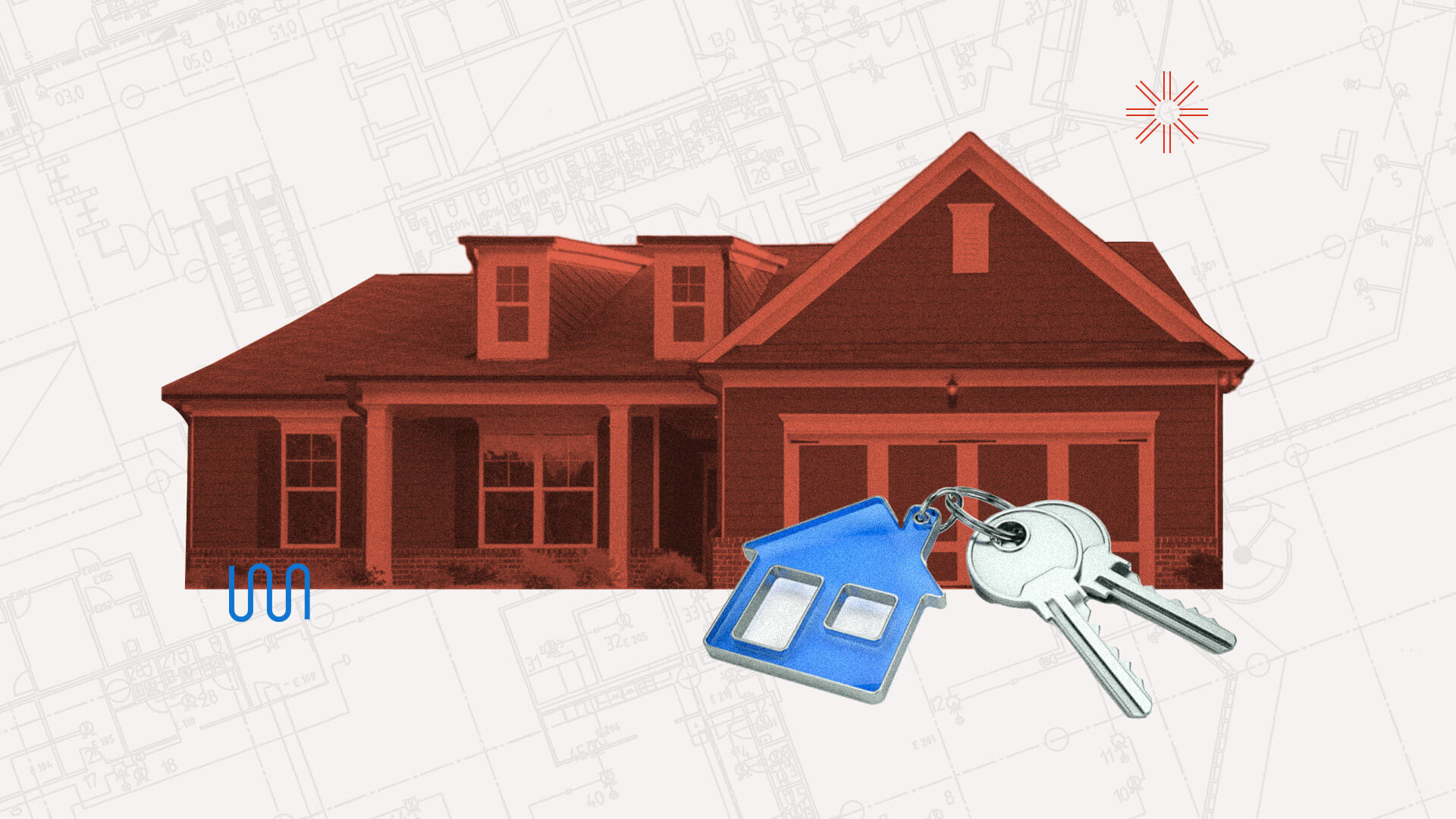
A loan officer is a critical part of the loan transaction, serving as the bridge between the customer and the financial institution that is issuing the loan. While many loan officers have typically performed their job in person — having customers come into their bank or office — the pandemic accelerated the move to virtual loans. As a result, many loan officers found themselves working remotely, providing all of the same services to customers through video, chat, document sharing and other technologies.
Virtual loan officers, their customers and their employers have found that the move online provides a host of benefits that are likely to encourage a further increase in the number of loans that are serviced virtually. Since home buyers have a complex process to go through from mortgage approval through closing, offering remote, digital services that provide a seamless experience can be a competitive advantage for lenders. And providing access to a virtual loan officer is an important element of that experience.
What is a virtual loan officer?
A virtual loan officer is a loan officer that is licensed to service the loan process for a financial institution. According to ZipRecruter, “the qualifications to become a remote loan officer vary but usually include completing pre-licensure education as outlined by the Nationwide Multistate Licensing System (NMLS), passing an exam to obtain a MLO license, and undergoing a background check and credit report.”
A virtual loan officer provides all of the same services as any other loan officer (initiates the loan process, helps customers to navigate the various loan options available, collects their paperwork and verifies it), but they do it all remotely.
The benefits of virtual loan officers
For many types of loans — from auto to personal loans — a virtual loan officer may only need to interact with a customer a few times. However, for mortgage loans, a virtual loan officer may have many interactions with a home buyer over the course of weeks or even months. In either case, having digital tools available to support those interactions provides a host of benefits.
- Convenience: With virtual loan officers on call remotely, customers can ask questions and set up meetings much easier than when they have to make an in-person appointment. They can also interact with virtual loan officers from anywhere, and from any device.
- Efficiency: By providing remote video and chat capabilities, virtual loan officers can make the loan process much more efficient for everyone involved. What once used to require an in-person visit can now take only a few minutes.
- Time savings: With a more efficient loan process, virtual loan officers can process more loans and can meet with more people.
- Increased loan footprint: With virtual loan officers, financial institutions can provide loans to a much larger audience, including people who are not within easy driving distance to a bank or office.
- More interaction: The efficiency and convenience of virtual loan officers means that customers can get quick support for any of their questions.
- Higher accuracy: With the ability to interact quickly and frequently with customers, loan officers can ensure that documents are error-free without having to ask customers to come back into the bank or make an appointment.
The benefits of virtual loan officers points to future growth
Consumers like the choice of having much of the loan process supported online, even as lenders test new processes and work out the kinks. Before the pandemic, 65% of loans started fully or partly online, and that number has only accelerated since then. Fannie Mae found that 88% of home buyers expressed satisfaction with their loan process, similar to pre-pandemic numbers, despite a move to remote and virtual processes. This means that the benefits of going virtual (time and cost savings, increased efficiency) for lenders doesn’t hurt the loan process for consumers. As virtual loan officers further perfect the customer experience, it’s likely that satisfaction will climb even higher.
The future of lending will continue to be based around digital transformation. Due to the cost and time savings that come with digitizing the lending process — from online notarization to eSigning — we’re on track for the future of lending to be completely digital. And this will only heighten the need for more virtual loan officers.

